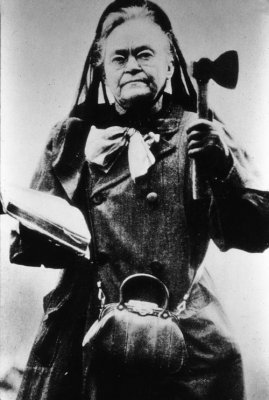Harp
I'll Lock Up
- Messages
- 8,508
- Location
- Chicago, IL US
In 1986 I took a trip to the south and in Louisiana I saw the name "coonass" for the first time. When I got back I asked him what a coonass was, he gave me a look and said I hope you didn't call anybody that. I said I don't even know what it means. He never did explain it and I'm still puzzled.
I took basic at Ft Polk, Louisiana and while on KP peeling spuds outside the mess hall noticed that the mess sergeant's pickup truck
bore a Proud Coonassbumper sticker. As the owner was the meanest sonuvabitch wielding a butcher knife, I never inquired...




